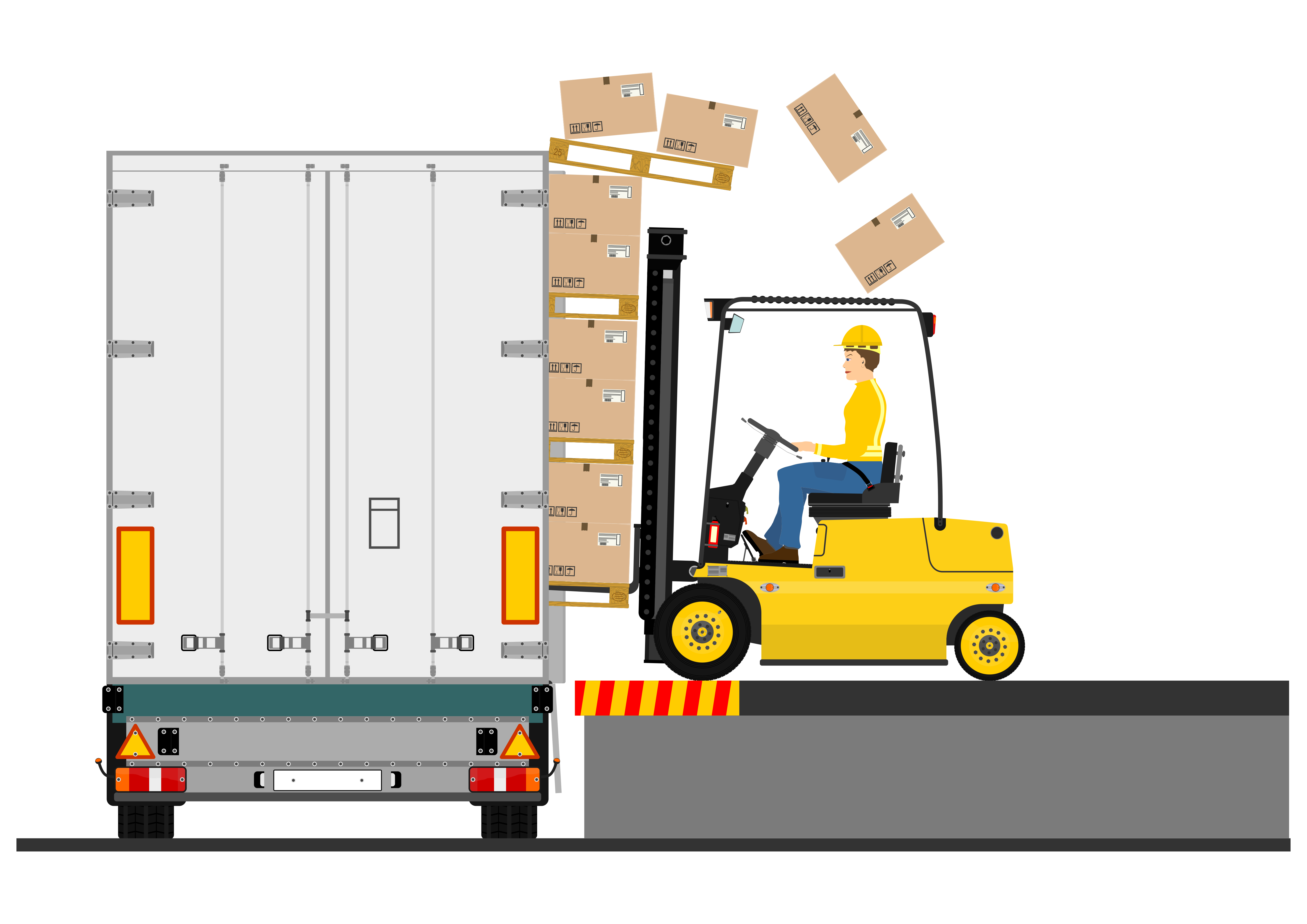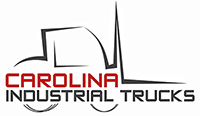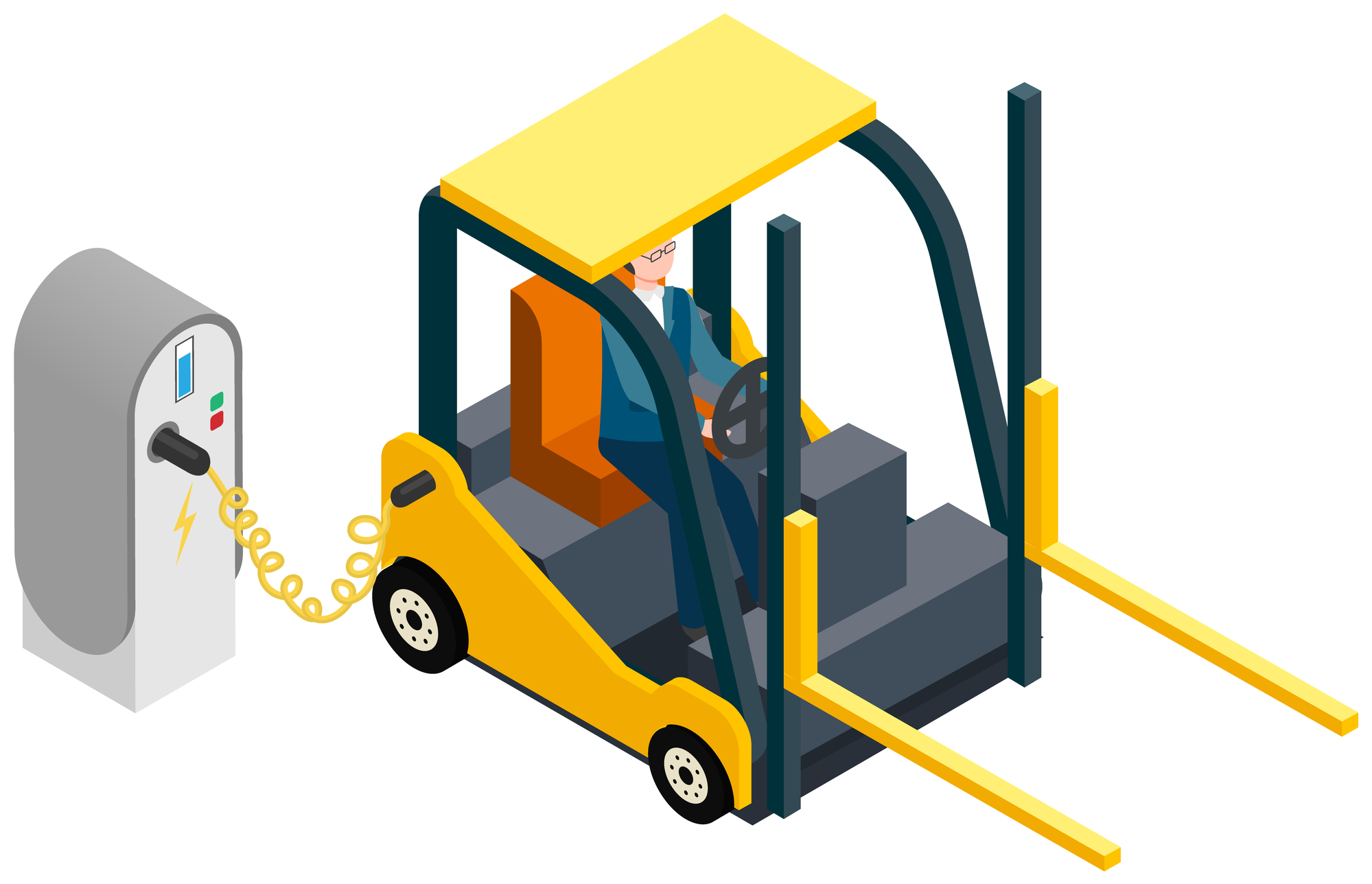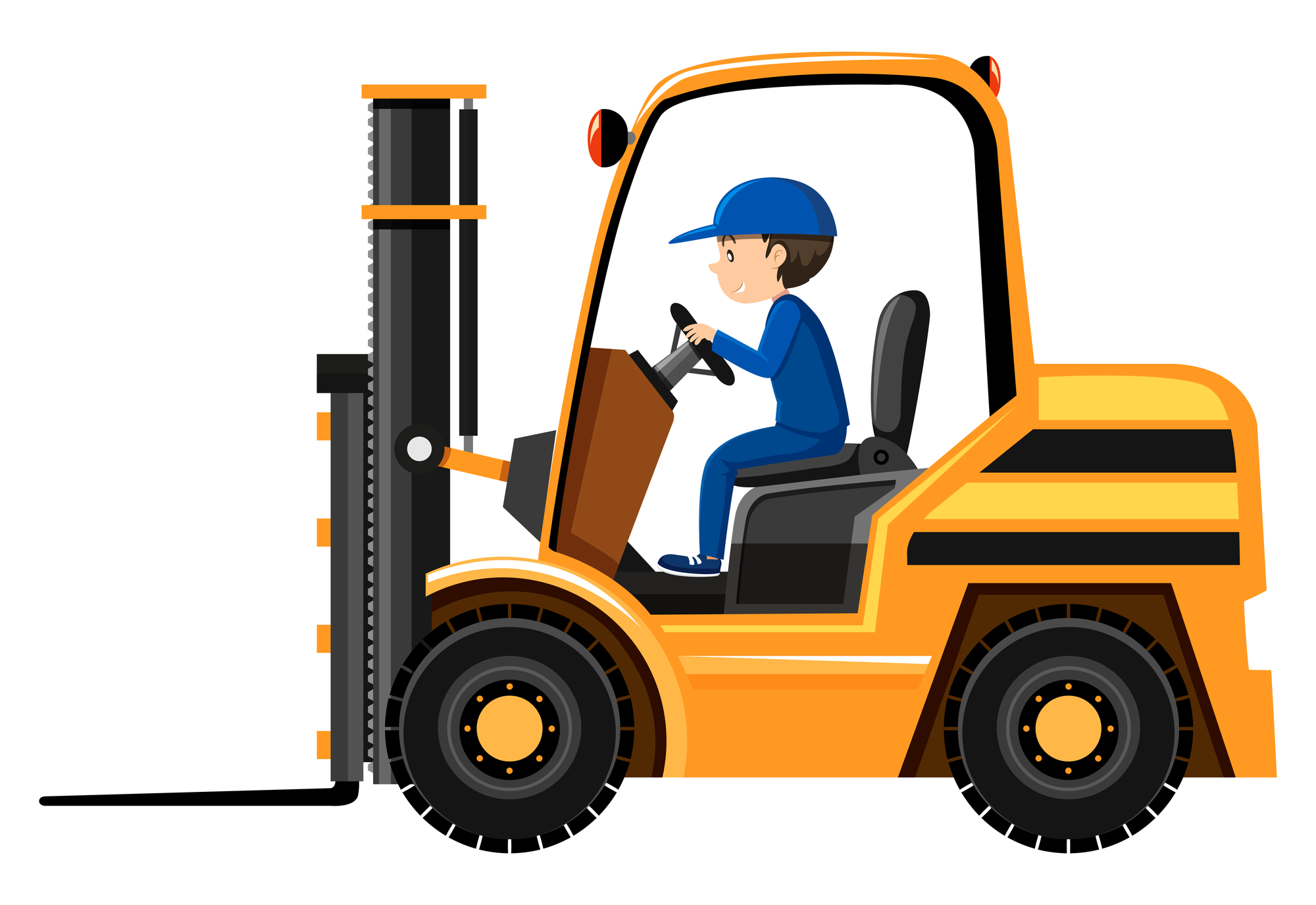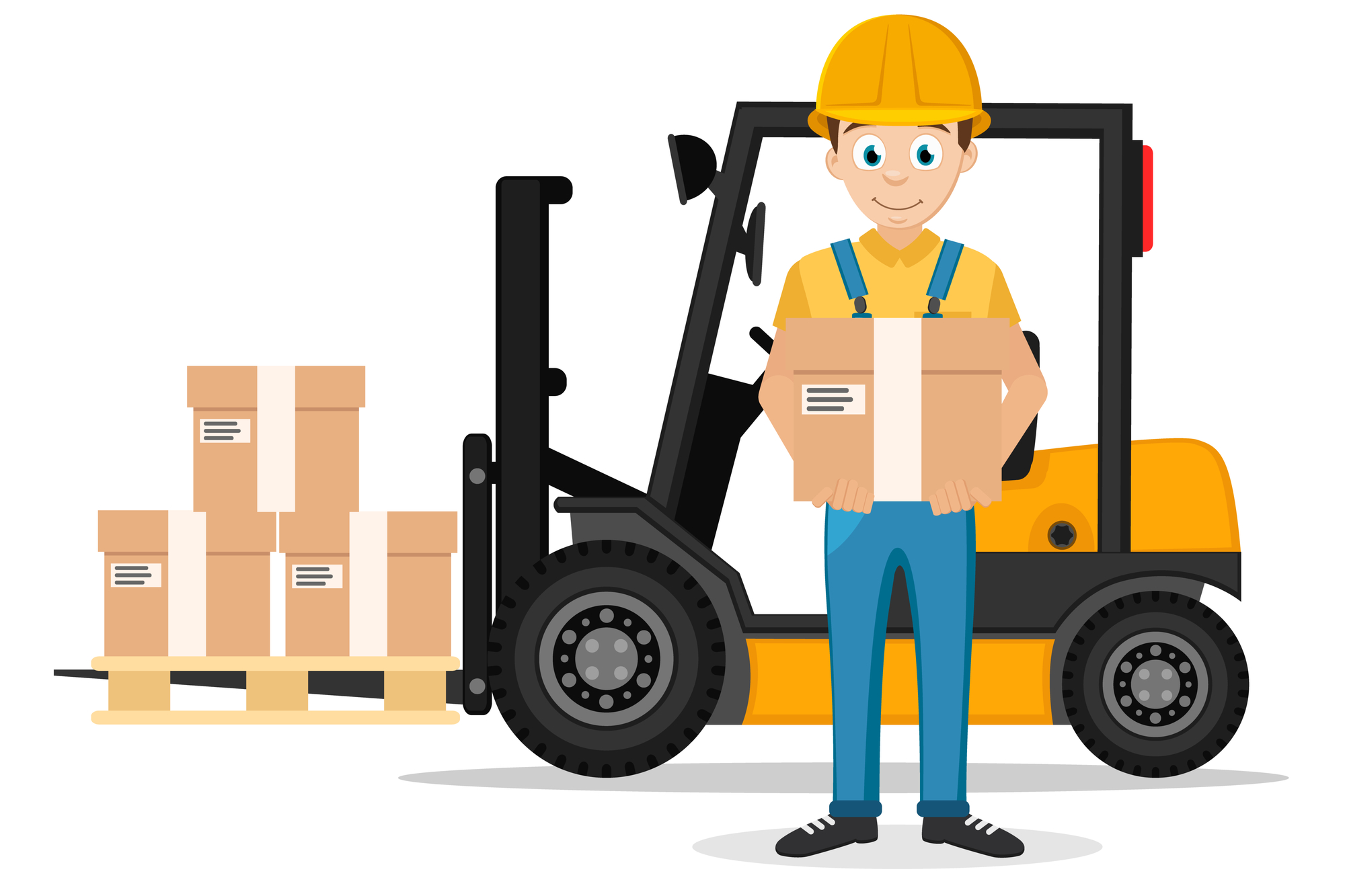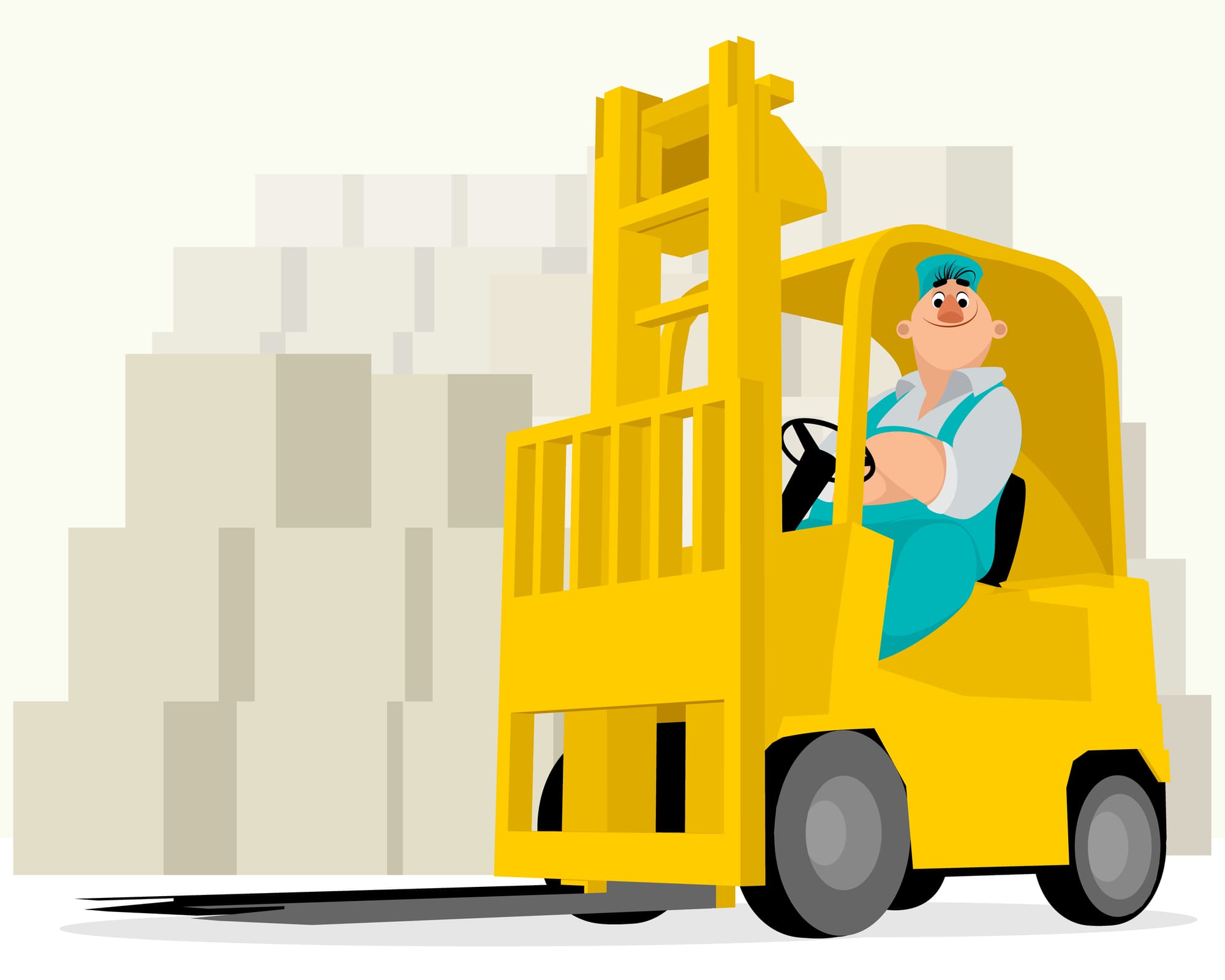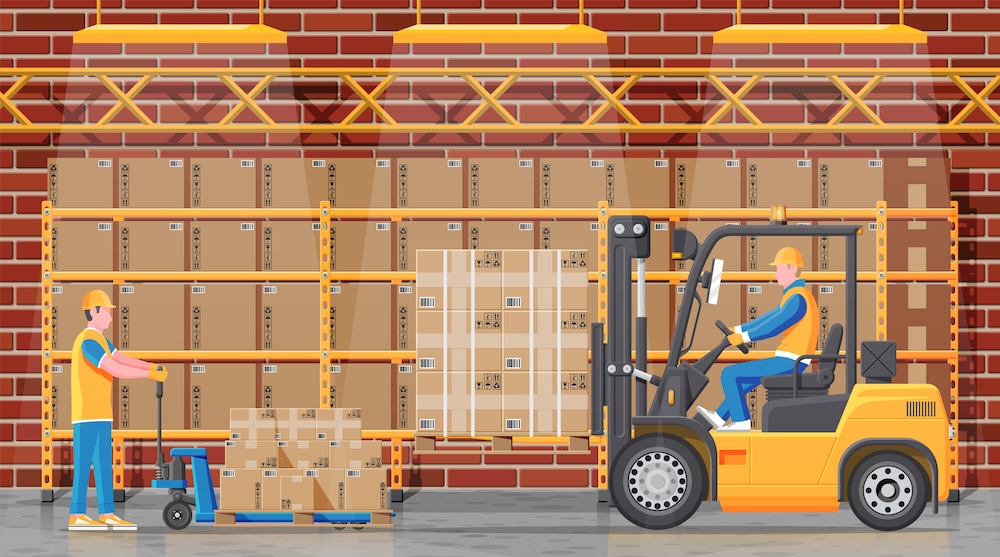What Should you Expect from the Forklift Certification Test?
06/11/2019
CITrucks
In 2017 alone, over 5,000 workers had a fatal accident or injury while on the job.
The Occupational Safety and Health Administration (OSHA) aims to reduce that number of accidents. Among the most cited standards, powered industrial trucks were in the top 10.
Ensuring that operators have a forklift license should be the first priority of any employer. If you're operating a forklift, you should know what to expect in terms of training, evaluation, and refresher courses.
Before getting behind the wheel of any forklift, you need training. Keep reading to learn more about how the testing works and what's expected of you.
Who Needs A Forklift License?
A forklift license is actually a forklift certification. It tells OSHA that a forklift operator has training in the risks and dangers of operating a forklift. Also, that training is customized to their particular workplace.
Education on potential dangers helps avoid accidents. It ensures that you can operate the lift in a manner that's safe and compliant with OSHA standards.
Forklift certification does more than reduce forklift accidents through proper operation and pre-shift service inspections. It can also help increase the lifespan your forklift by identifying maintenance issues. Both of these factors play into reducing injuries and property damage.
Forklift training also reduces the risk of lawsuits due to workplace accidents. Properly trained forklift operators can also help avoid costly OSHA fines for a company not following the standards.
Before you can get behind the wheel of a forklift, or any other powered industrial vehicle, you need to have an up to date certification. OSHA requires that training and evaluation take place before operating any industrial vehicle.
The certification indicates that you're trained and evaluated by your employer. It will include the date of the training and evaluation, as well as the name of the operator. The name of the person who performed the training and evaluation will also appear.
Forklift License Training
OSHA doesn't provide lift truck training and evaluation directly. Instead, they set the standards for training and evaluation. OSHA does require that employers provide training if they have employees that will be using these types of machines. An employer can opt to provide the training themselves, or they may also go to an outside source that provides training under OSHA standards and regulations.
Training involves two components: educational training and hands-on training.
Educational training involves instructional training programs. These dictate how a forklift should be operated in the workplace environment. They might be in the form of online courses and videos, lectures, written materials, and/or study guides. Their purpose is to lay out the details of proper operation and safety measures.
This component of training gives a general overview of forklift operating procedures. It's not specific to any workplace or industry.
There are also hands-on training sessions. These take place at your warehouse or workplace. They provide details on the operation of a forklift within your work environment. Qualified training employees include those with knowledge, experience, and forklift certification.
If that sounds daunting, keep in mind that you don't have to be trained and evaluated on each make and model of forklift. All you have to know are any differences in truck controls that might impact safety and operation.
With that said, if you operate more than one type of truck, you'll need different training and evaluation. Sit-down rider trucks, stand-up trucks, order-pickers, and pallet jacks are all classified as different types of machinery.
Forklift License Evaluation
Your training isn't complete without an evaluation to test how well you learned from the instructional and hands-on training components. The evaluation takes place after you've finished training.
The requirement to evaluate performance, as defined by OSHA, cannot be determined by a written test alone. You'll need an evaluation that involves physically operating the forklift within your place of work. This is why most employers opt to meet OSHA 1910.178 through a combination of written examinations and real-life testing.
In most cases, you'll be evaluated by the same person who trained you. They'll have you operate the forklift during normal operating hours to see whether you know how to operate the vehicle in general, if you're driving safely, and if you know how to perform maintenance tests. As part of the evaluation, they may ask you questions related to safe operation in your place of work.
After a real-life evaluation, you'll likely be given a written test. This component isn't required by OSHA, but it's one of the easiest ways for an employer to evaluate you and demonstrate that you qualify for certification.
Ongoing Forklift Training
Once you've been trained, evaluated, and certified, you'll legally be allowed to operate a forklift in your workplace. In order to maintain your certification, you'll be re-evaluated every three years. In your re-evaluation, you can expect a training and evaluation process similar to what you went through for your first certification.
Refresher training is required earlier than the three-year mark in certain cases. For example:
- if you've been observed driving unsafely
- if you've been involved in an accident
- if you've been involved in a near-miss
- if you've been assigned to a different type of forklift
- if workplace conditions change in a way that affects safety
In any of the above cases, refresher training and evaluation will be necessary before your three-year certification is up.
How Do You Become Forklift Certified?
By law, anybody operating a forklift is required to have a forklift license. By that same law, your employer is required to provide training and evaluation for your certification. This should include an instructional portion, a hands-on portion, and in most cases, a written examination.
Without a forklift license, you're at risk for accidents, lawsuits, and OSHA fines. If you are someone who would like to add a forklift certification to your resume, or if you are in charge of making sure your company is within OSHA guidelines, check out our forklift training course.
